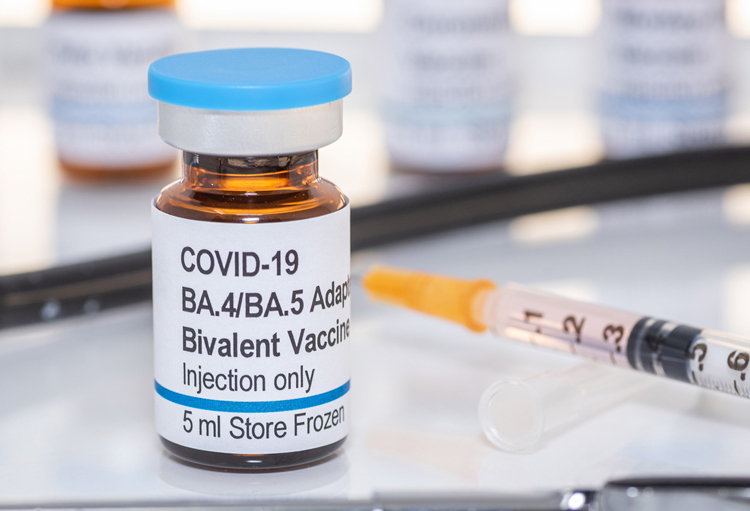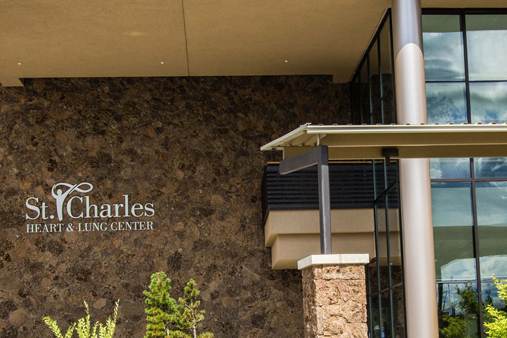The COVID-19 virus is ever-changing, and so is our collective response to the pandemic. One thing that hasn’t changed, however, is this: The best way to protect yourself against severe illness as the result of COVID-19 is to make sure you’re up to date on your vaccinations and boosters.
St. Charles has the new bivalent boosters, emergency authorized by the FDA, which provide broad protection against both the original strain of COVID-19 as well as the omicron variant. Appointments are available for those 12 and older at any St. Charles Urgent Care clinic. If our schedule doesn’t work for you, please check out the many options for vaccination in Central Oregon.
“COVID-19 vaccines available in the United States are effective at protecting people from getting seriously ill, being hospitalized, and dying,” says the U.S. Centers for Disease Control, which publishes recommendations for different age groups. “As with other diseases, you are protected best from COVID-19 when you stay up to date with the recommended vaccines, including recommended boosters.”
Here are answers to five frequently asked questions about COVID-19 boosters:
What is a bivalent vaccine? How does it work?
Bivalent COVID-19 vaccines include a component of the original virus strain to provide broad protection against COVID-19 and a component of the omicron variant to provide better protection against COVID-19 caused by the omicron variant. They are called bivalent COVID-19 vaccines because they contain these two components.
When should I get a booster? Should I wait for another surge?
The CDC recommends vaccination for everyone ages 6 months and older and boosters for everyone age 5 and older, if eligible. Children ages 5-11 are recommended to get the original (monovalent) booster, and people age 12 and older are recommended to get the updated (bivalent) booster. More information is here, and the CDC has a handy chart showing who should get what (and when) here.
With a busy holiday season on the horizon and Australia experiencing a severe flu season (which is often an indication of what’s to come in the United States), October is a great time to get up to date on your flu shot and COVID vaccines.
I recently had COVID-19. Should I get a booster?
Getting a COVID-19 vaccine after you recover from COVID-19 infection provides added protection against the virus. People who already had COVID-19 and do not get vaccinated after their recovery are more likely to contract the virus again, according to the CDC.
However, per the CDC: “You may consider delaying your vaccine by three months from when your symptoms started or, if you had no symptoms, when you received a positive test.”
Are there side effects from the booster?
Reactions reported after getting a booster are similar to those after the primary series, including fever, headache, fatigue and pain at the injection site. Most side effects have been mild to moderate, and they vary from person to person. More information is here.
Can I get a COVID-19 booster and my flu vaccine at the same time?
Yes. There is no recommended waiting time between the COVID-19 booster and the flu vaccine or any other vaccine.





